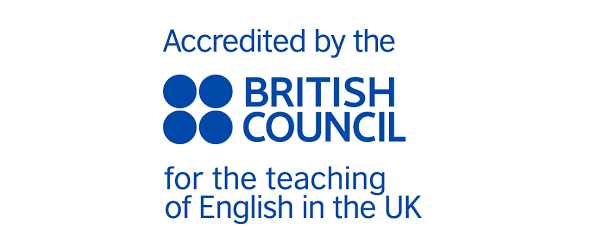The course will enable you to identify and meet the challenges of implementing English as a Medium of Instruction (EMI) within Higher Education contexts. As a course participant, you will have the opportunity to share challenges, experiences and ideas about your current and future EMI teaching practice, and explore practical solutions in each content area below. You will develop your own use and awareness of English, with an emphasis on use of academic language and oral skills, and will advance your knowledge and understanding of EMI by planning developmental actions for immediate and future implementation.
Is this course for you?
Teachers and lecturers who are engaged in the delivery of subjects across the Higher Education curriculum through the medium of English
Course content
This course is available online in a two-tier model:
· A tutor-led model with full tutor support and group and individual feedback in every unit and a graded assignment· A participant-led model with tutor introductions and encouragement of co-constructed learning among participants
Further Information
NILE Online courses are highly interactive and learning takes place through varied and engaging multimedia content and the collaboration between participants from different contexts. All participants work on the same unit in the same week but there is a high level of flexibility within that time period to help you fit studying around your life and work. The interaction, via forums and other collaborative tools built into the platform, helps and encourages you to share ideas, ask questions, explore concepts and build up a community.
You need a computer, a headset (with microphone) and an Internet connection. Much of the course can be done on a mobile device, but a computer is needed for certain activities and tasks.
Participants have access to NILE's extensive ELT e-library and an innovative social and cultural programme. All NILE Online courses include an element of professional language development, i.e. language related to course content and/or the classroom.
Fees:
Tutor-led model with full tutor support and group and individual feedback in every unit and a graded assignment: £545 per participant.
Trinity Registration and Administration Fee (optional): £325
Course Leader

Jason’s work as a consultant and trainer for NILE focuses on CLIL and EME (English Medium Education). He has worked on a range of NILE projects in various countries, including Germany, Russia, Kazakhstan, and Brazil. He also provides training in formative assessment and educational materials design. Recent work for NILE includes the British Council/NILE EME capacity building project in Uzbekistan. Between 2018 and 2023 he was the MAPDLE Programme Leader and remains a tutor on the programme.
Previously Jason worked at Utrecht University providing advice and training for bilingual schools throughout The Netherlands. He has also taught on the university's UTEACH Master's Programme for bilingual and international school teachers. Before that he worked for seven years as a teacher at a Dutch bilingual secondary school.



